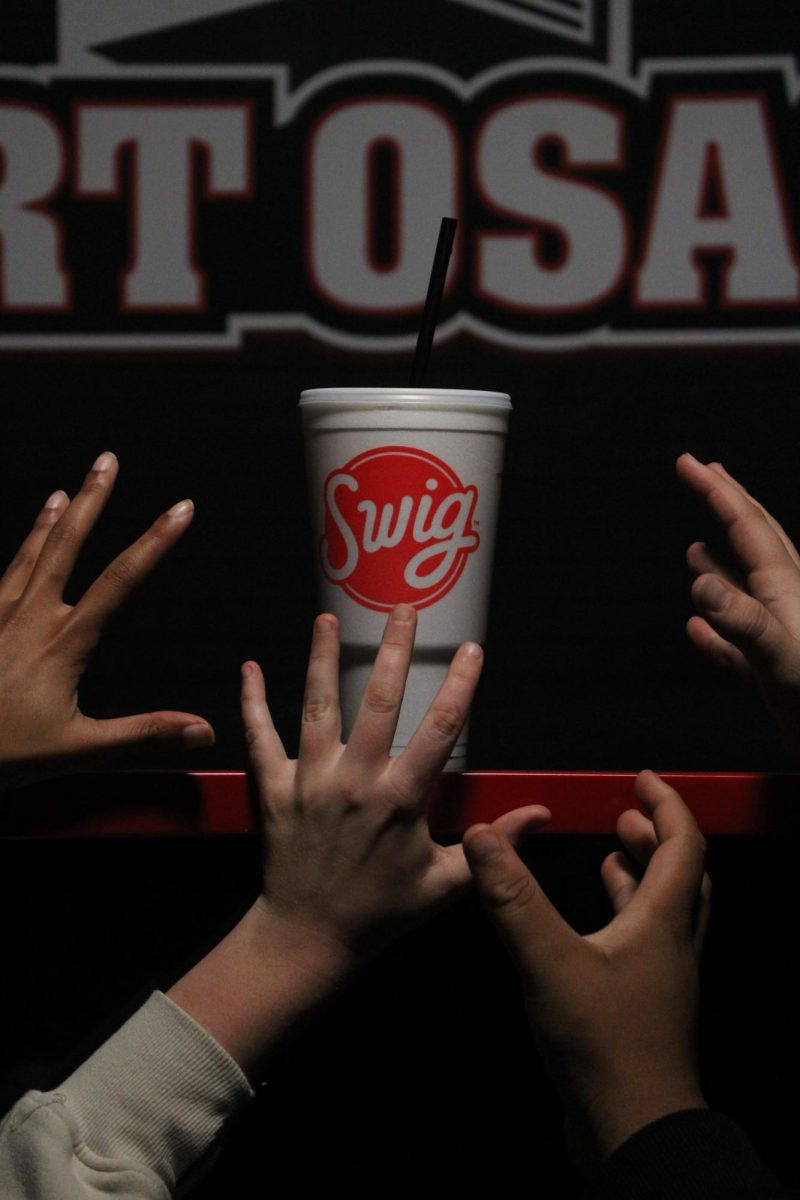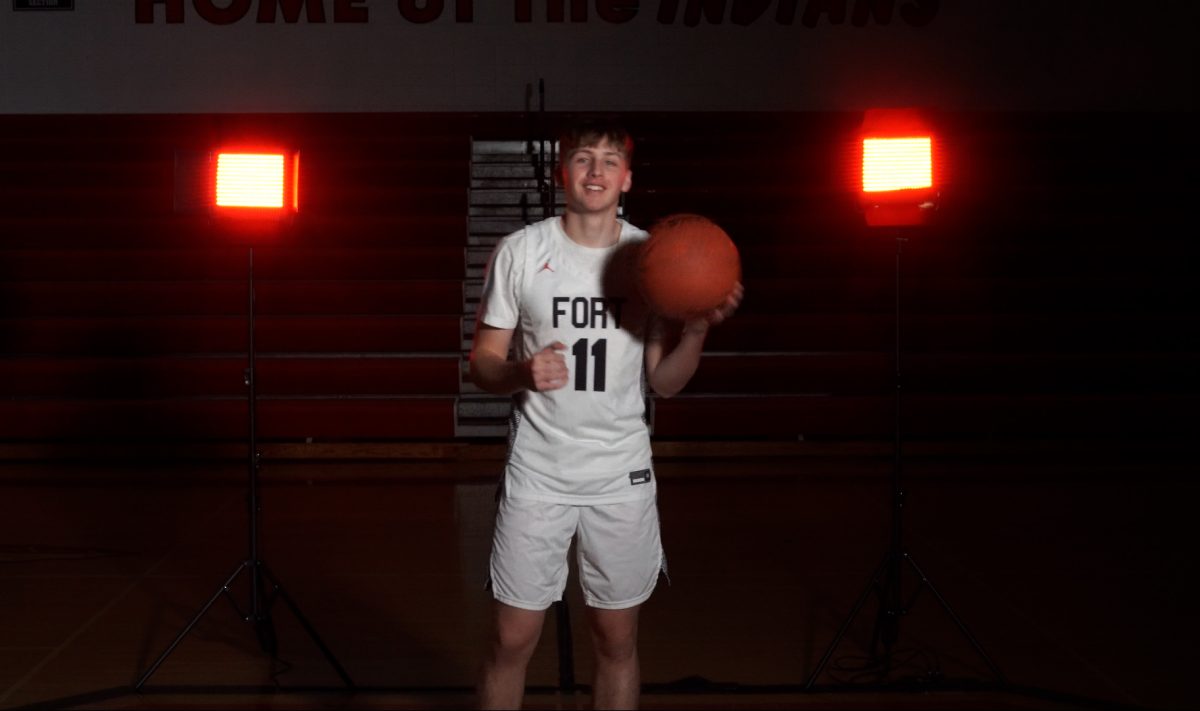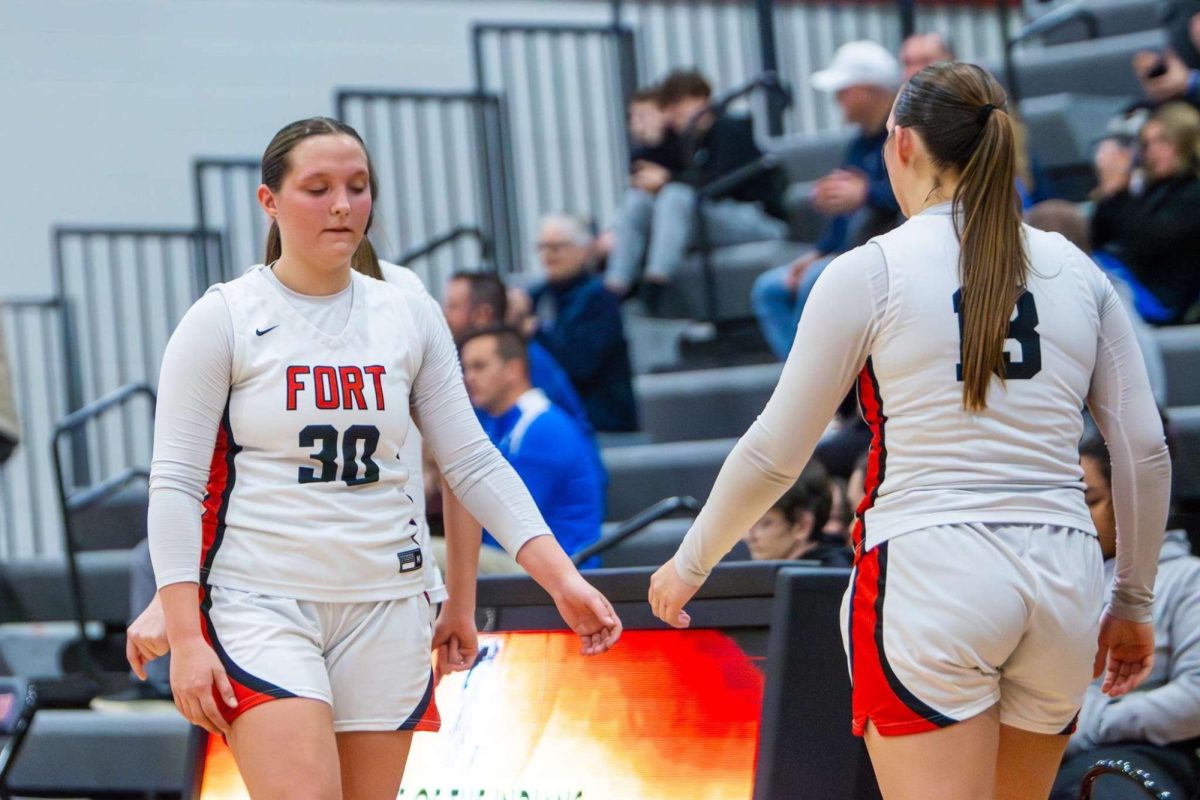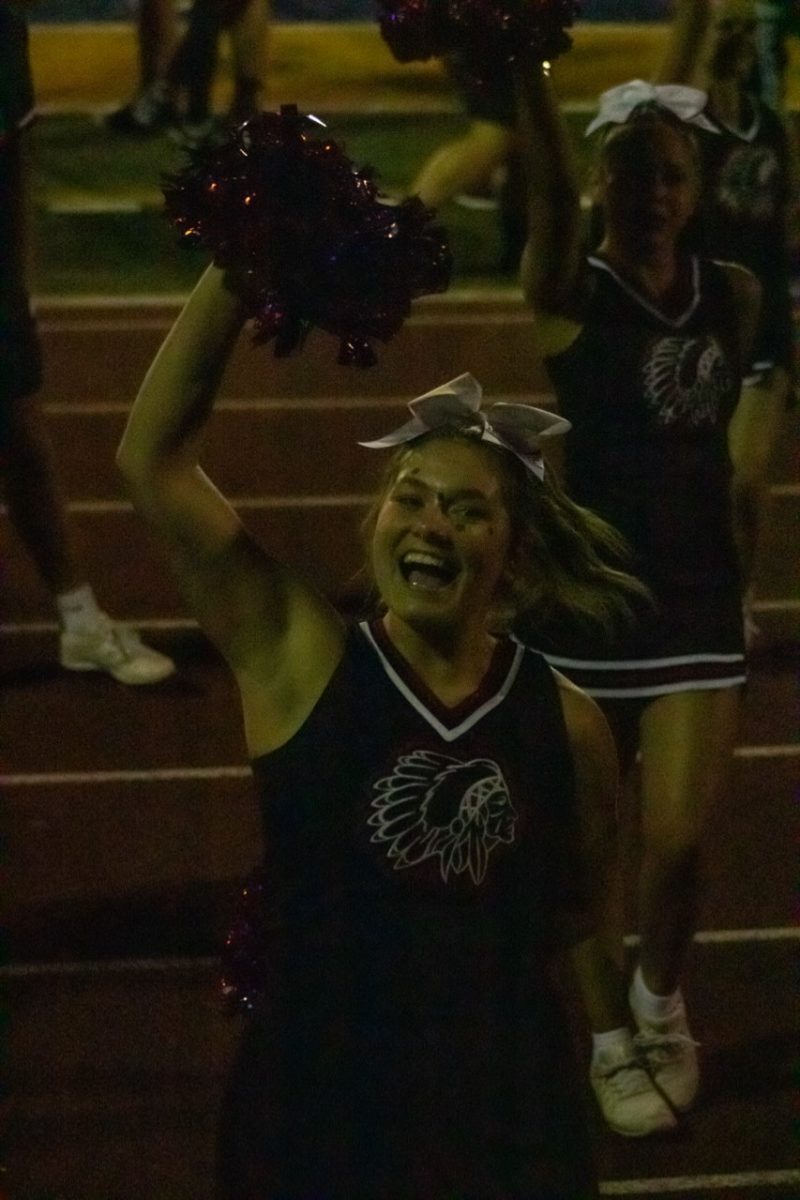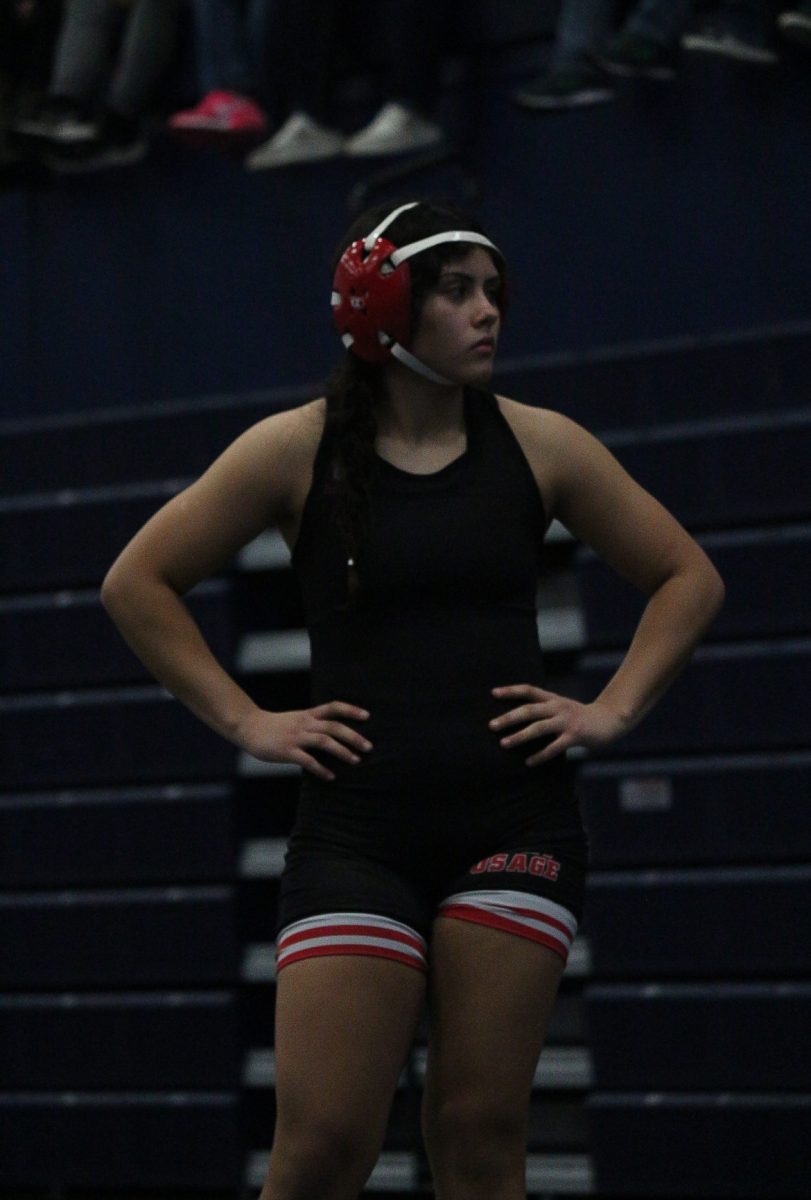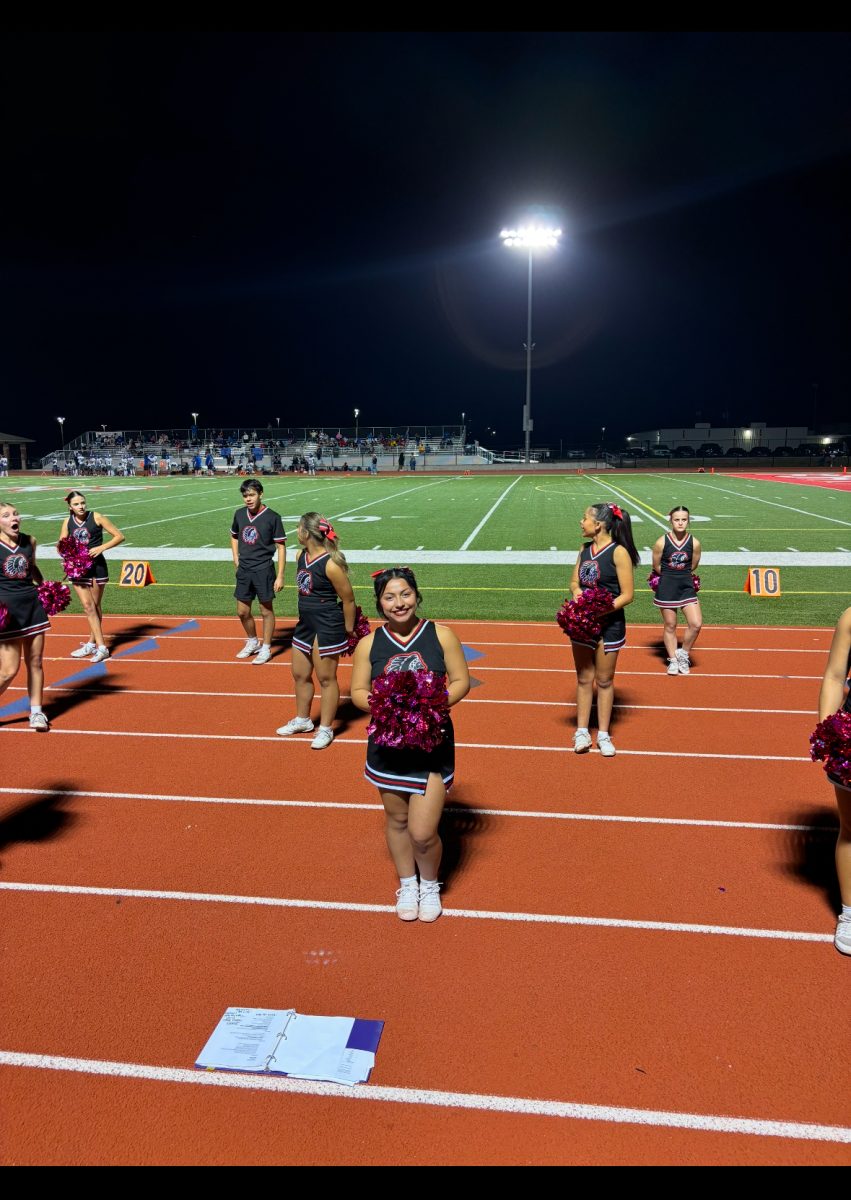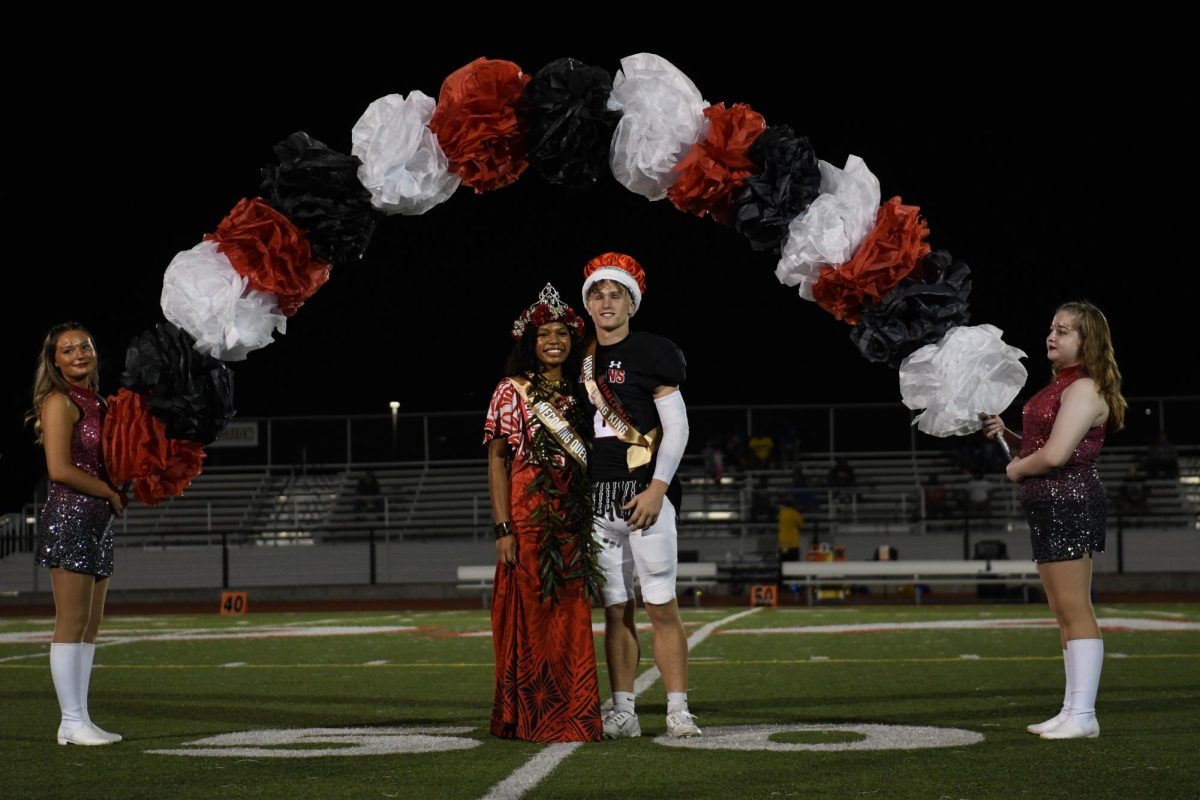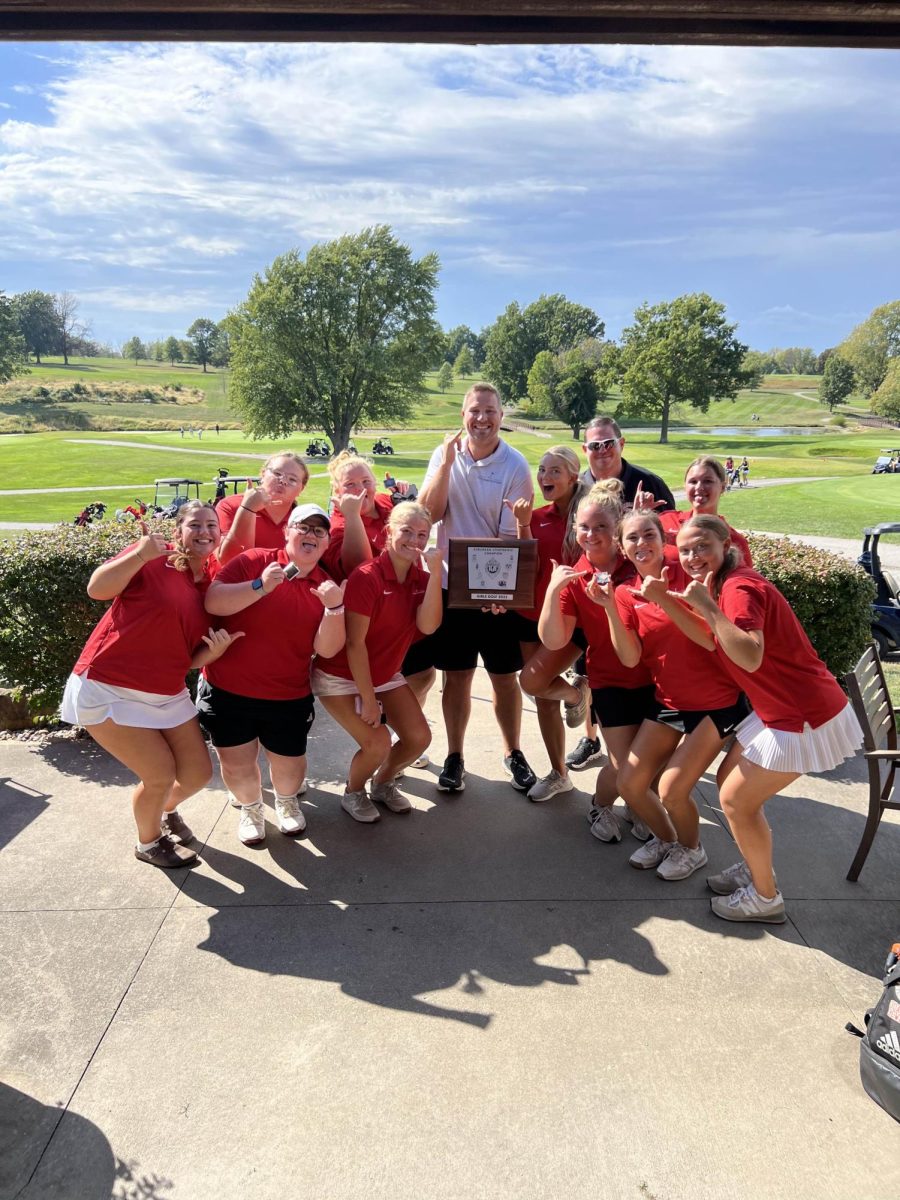You’re a student before you’re an athlete rings through every student-athlete’s head. The day starts at 7:25 am with the first school bell. Student-athletes begin the student part of the day. Their mind is focusing on academics.
Games, practices, assignments, and tests bring lots of stress throughout the week. Planning and scheduling are a vital part of staying on top of academics during busy practice and game schedules. Senior athlete Riley Filmore participates in 10 different after-school activities and does a lot of pre-planning but still feels the pressure at times.
“Just trying to manage everything is a lot of pressure,” Fillmore said.
According to Trine University’s article Prioritizing Mental Health in College Athletes, “Some unique stressors can include time demands, missing class, lack of sleep, and poor relationships with teammates or coaches (ACSM, 2021).”
Staying calm and focused is important on and off the field. Even though student-athletes get into a rhythm as the school year starts to settle in, classwork can still feel overwhelming on busy weeks. Senior Laurenica Upton is involved in cheer, tennis, and track. She feels that taking a step back to decompress and taking the day class by class is what gets her through her week.
“I definitely feel like some assignments get turned in late but my thinking is I have to do it so I’ll stay up late and get it done,” Upton said.
According to the TIME article Why Student Athletes Continue to Fail, The Zocalo Public Square said, “I’ve taught hundreds of Division 1 student athletes at several different schools, and they have been among the hardest working students I’ve encountered. The student athletes I’ve worked with have viewed their sport as a complement to, not a replacement for, their studies.”
Mental health tends to get pushed to the back when athletes are in season. Both Filmore and Upton admitted they are so busy they don’t have time to even think of the strain they are putting on their mind. Coach Jordan Groves prioritizes his athlete’s mental health and understands there are more important things in life than an athlete’s sport.
“I do think that we can show a little grace and give some space, that if they need a night off then maybe they need to take a night off,” Groves said.
According to the National Library of Medicine’s study The Relationship between Coaches’ and Athletes’ Competitive Anxiety, and their Performance, “On the other hand, coachs’ support in a way that gives athletes the opportunity to understand acceptable defeat might reduce anxiety and lead to improvement of athletic performance.”
The last bell rings at 2:20 comes before the student-athlete releases. Game time rolls around and nothing is in an athlete’s mind except their coach’s final advice. When they have finished it is nearly 10 and they still have the dreadful homework they have to complete before 7:25 am the next morning.


